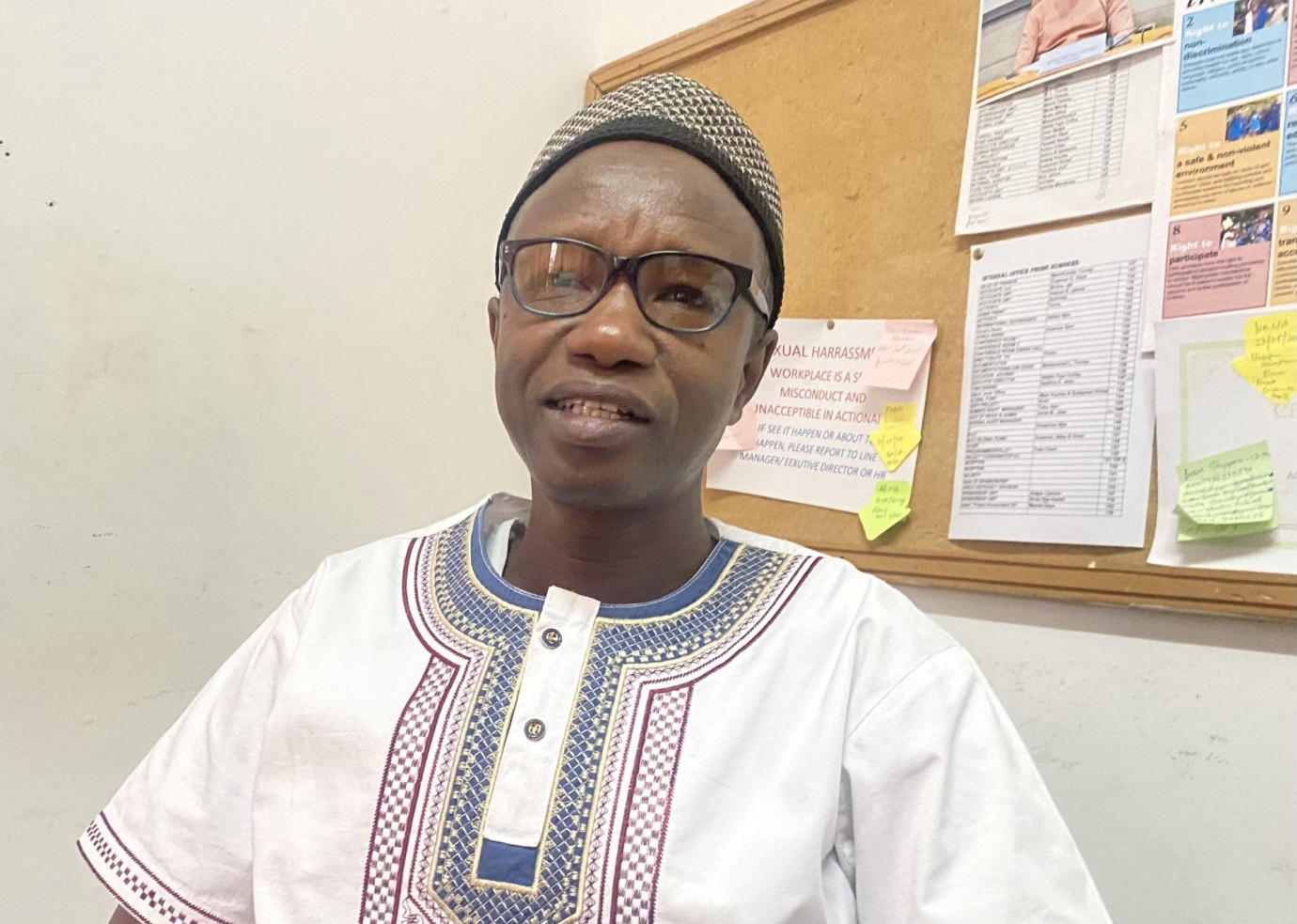By: Binta Jaiteh
ActionAid International The Gambia (AAITG) recently conducted a study to examine the nexus of women’s leadership and climate change adaptation strategies in the Central River Region South and North Bank Region.
The findings underscore the pivotal role women play in informal climate change adaptation initiatives, particularly in sectors such as agriculture, forestry, and awareness creation.
Accordingly, women leaders have led community-driven efforts such as tree planting, organic fertilizer production, flood prevention measures, and awareness campaigns.
Climate change and educational consultant cum senior lecturer at the Gambia College, Dr. Demba Kandeh underscored the role played by women and children in contributing to climate adaptation.
He explained that the study focused on the role played by women leaders in climate change, which targeted four districts in rural Gambia.
“We collected a lot of data, analyzed and validated the report. We have discovered that women played a crucial role in agriculture, forestry, and environmental management, among others. Most of them don’t know the role they play in contributing to climate change adaptation because a lot of them didn’t undergo Western education,” Dr. Kandeh told The Voice in an interview.
He opined that these women can improve their roles, if only they get support from their male counterpart because even though they are doing a lot, their roles are still not recognized.

“International organizations like Action Aid should assist them. Despite the help offered to these women, other women are barriers to women leadership,” he frowned.
According to Dr. Kandeh, the study will assist Action Aid and any other institution or organization that is going to work on women leadership, adding that as a country, women must be considered to ensure rapid development.
He pointed out that women are the majority as shown by all the census that were conducted from 1993 census to date, saying without the involvement of women, there will be no improvement.
Environmental Scientist Kadijatou Cessay reiterated that the study outlined roles played by women leaders in climate adaptation which, she described, as very crucial for young people and women leaders.
“Women should take the lead in terms of formulation, planning and programming because the implementation process will not be meaningful without involving women and children,” she remarked.
Meanwhile, the research also reveals systemic barriers that hinder women’s participation in leadership roles, including restrictive cultural norms, limited access to education and training, lack of resources, male-dominated leadership structures, and political marginalization, highlighting that lack of confidence and time constraints due to household responsibilities further exacerbate these challenges.
Despite these obstacles, external organizations, including NGOs and government agencies, have played a critical role in empowering women leaders.





